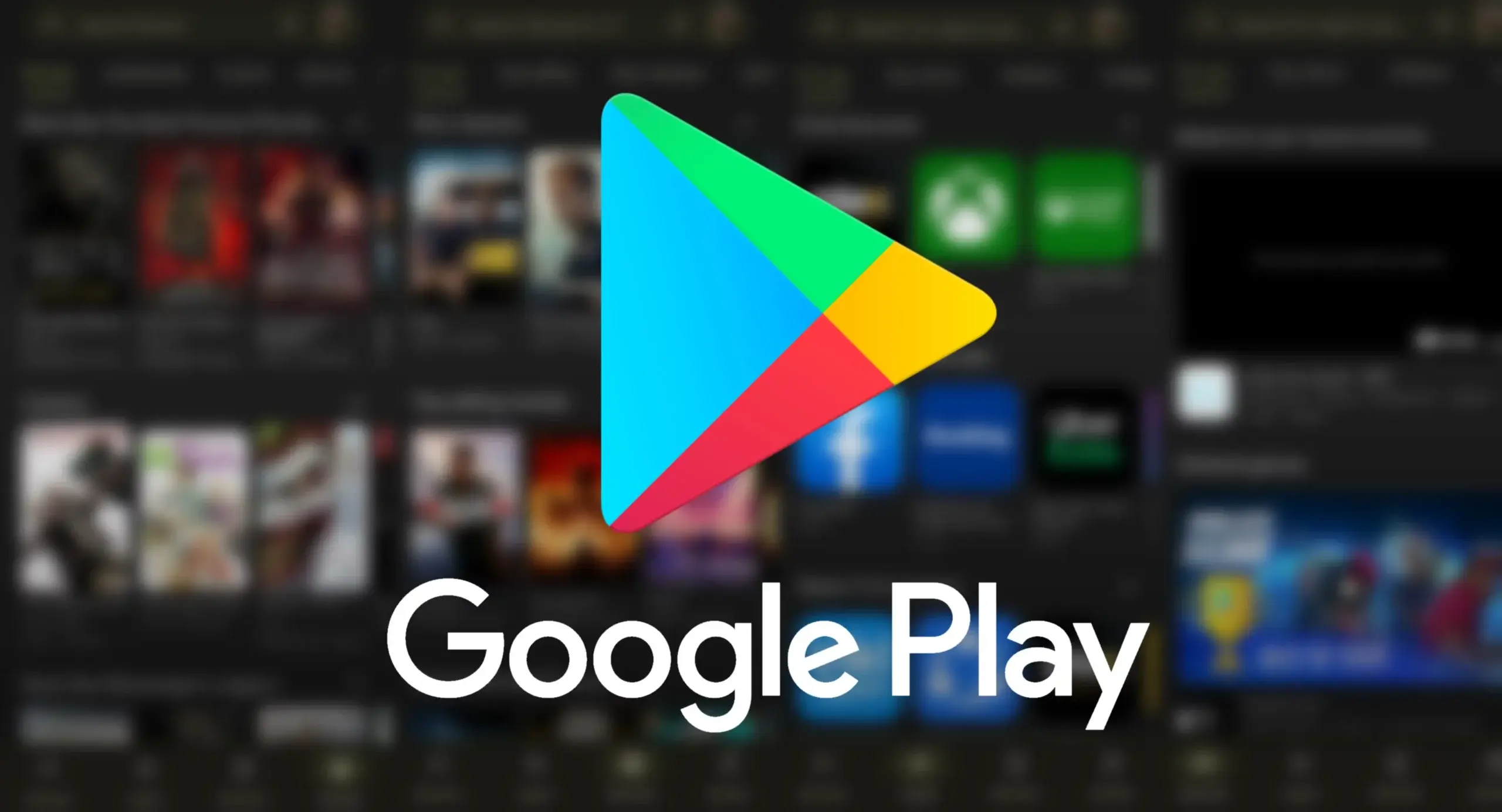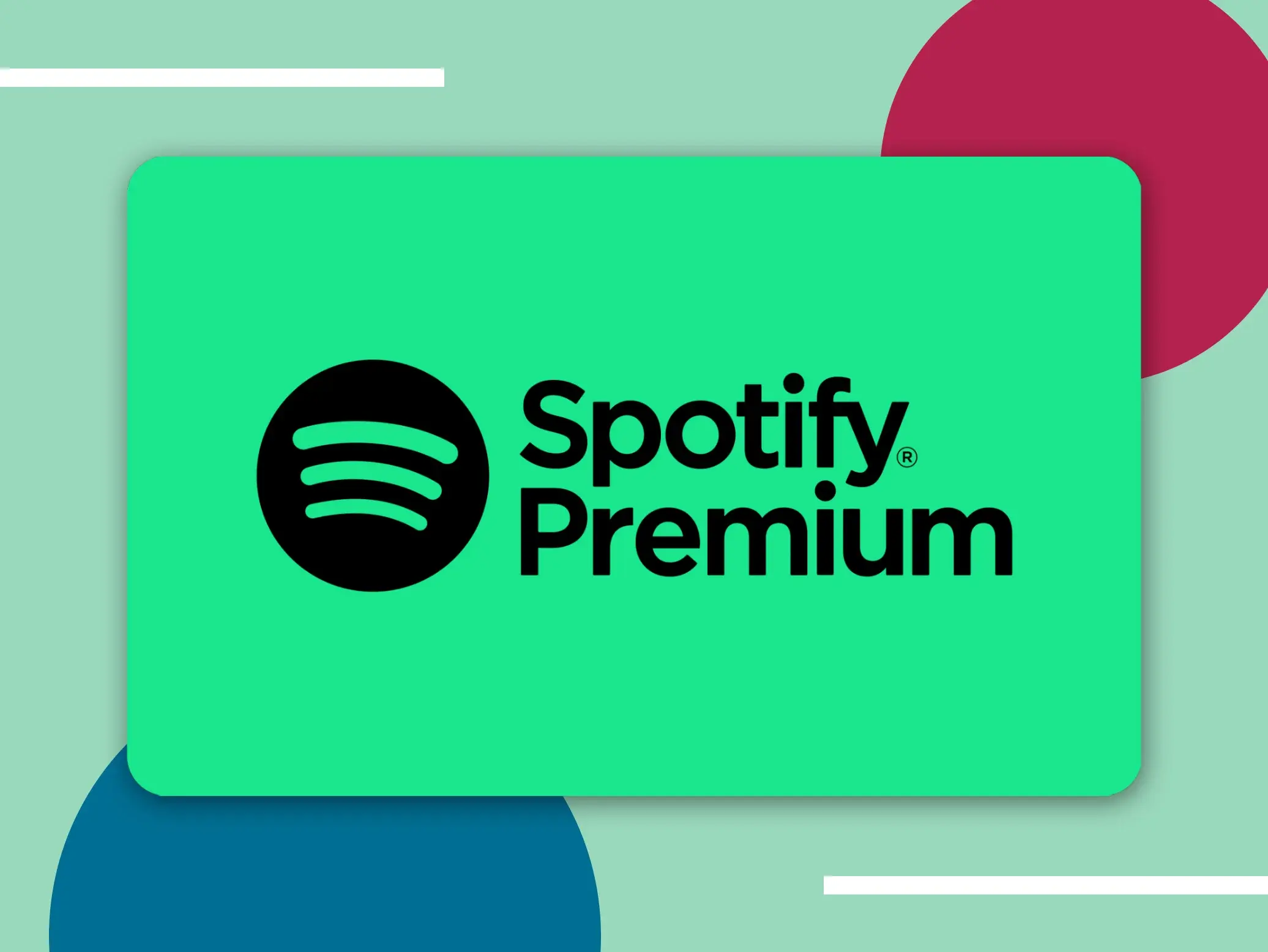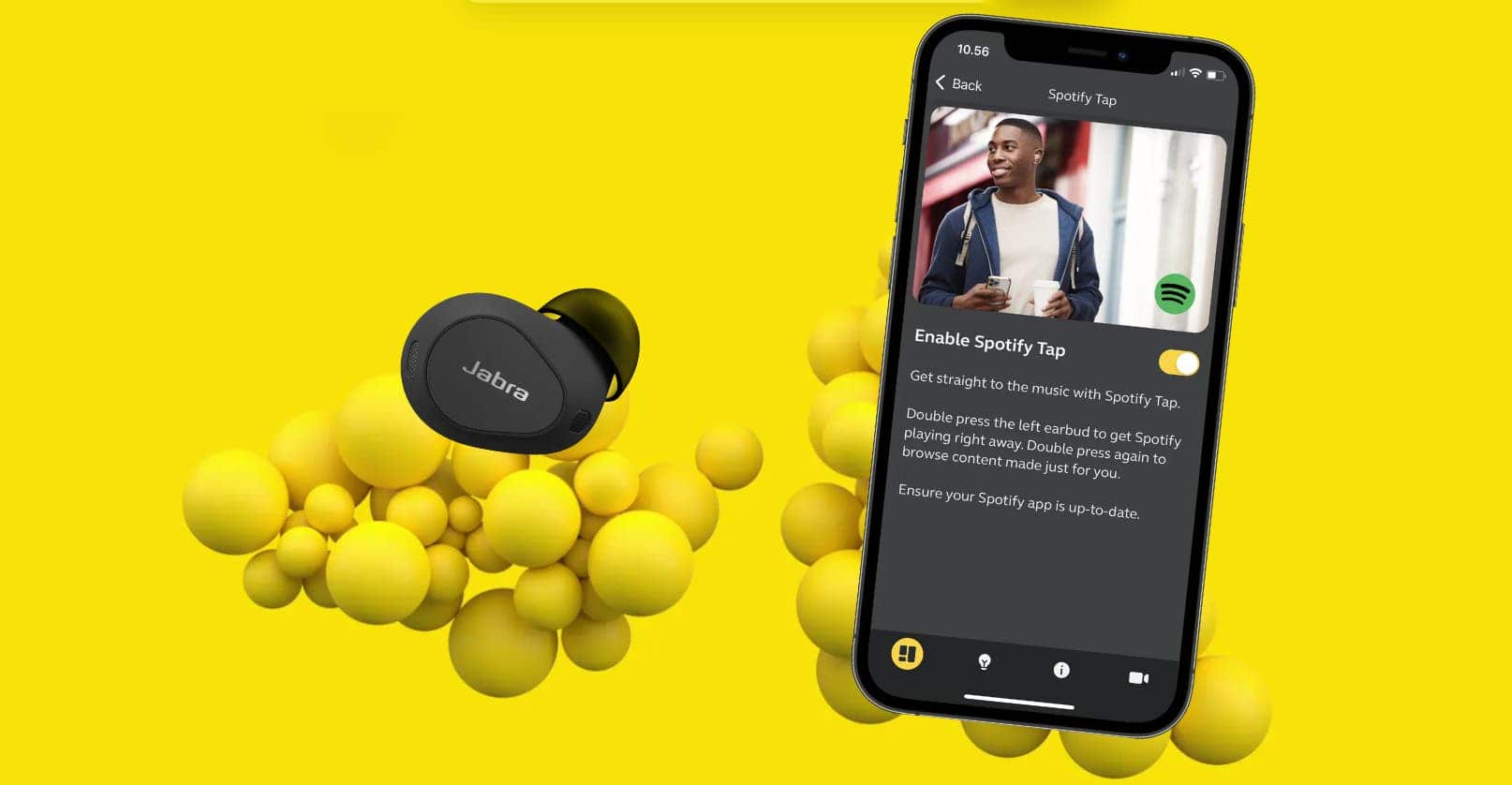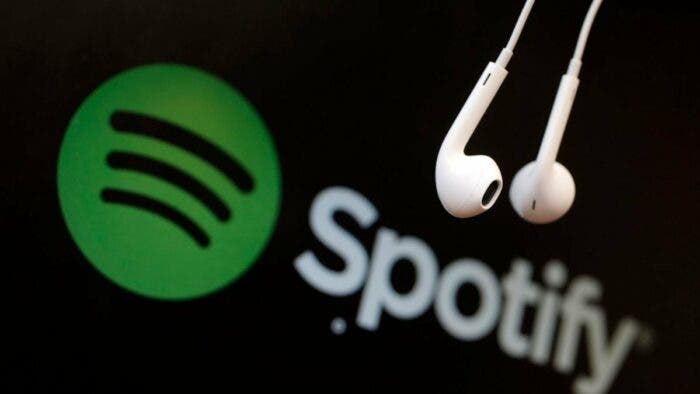Spotify has reportedly reached a special deal with Google that allows it to waive Play Store fees. This move comes after Spotify dropped support for Apple’s App Store billing in mid-2023 to avoid a potential 30% commission. In addition to the commission waiver, Spotify agreed to pay Google only four per cent commission for users who signed up for their service through Google. This is far less than most other apps which typically pay 15 per cent for subscriptions through the Google Play Store.

According to testimony in the Epic v. Google case, Spotify and Google reached a unique agreement on Android in-app purchase sharing. Don Harrison, Google’s head of global partnerships, revealed that when Spotify users subscribe through its own payment system, Spotify does not need to pay commission. However, if users choose Google as the payment platform, they need to pay a 4% commission.
Background
Google’s Play Store is the primary app store for Android devices, and app publishers must pay Google up to 15% of purchases made through the store. However, some companies have been dissatisfied with these fees and have sought to avoid them. Earlier this month, The Verge reported that Google offered Netflix an exclusive deal to offer a minimum commission of 10%. However, Netflix rejected the offer and refused to give users a way to sign up for Netflix directly within the app.
Google Play Store is a digital distribution service operated and developed by Google that allows users to browse and download applications, music, books, and movies. Developers who sell paid apps or in-app access to digital content or services are subject to a service fee based on a percentage of the purchase price or digital purchases in their app. The service fee is how Google supports its ongoing investments in Android and Google Play. It also reflects the value provided by Android and Google Play and is how they earn money as a business. This is a common business model for app and games stores run by Microsoft, Apple, Steam, Nintendo, Amazon, and others.
However, the Play Store has been facing commission issues as developers have been complaining about the high commission rates charged by the platform. Google Play Store charges a 30% commission on all in-app purchases, which has been a point of contention for many developers. In response to this, Google has introduced a new policy that reduces the commission rate to 15% for the first $1 million in revenue earned by developers each year.
Spotify’s deal with Google
The trial case between Epic and Google revealed the special deal that Spotify had with Google. The deal will allow Spotify to pay no commission to Google when people sign up for subscriptions using Spotify’payment system on Android. As part of the same deal, Spotify paid Google just a 4% commission if users signed up for the service through Google. The deal reportedly came about after Spotify initially supported Epic Games in its fight against Google and Apple. However, in 2022, the company started using a Google program called User Choice Billing that lets Android apps use their own payment systems in exchange for a lower commission.

Google is reluctant to disclose this data in this antitrust battle. It believes that it could harm negotiations with other app developers who want preferential treatment.
Don Harrison said: “Listening to music is one of the core needs of [mobile phones]… If we can’t make Spotify work properly in Play Services, users will not buy Android phones.”
It is said that as part of the deal, both parties also promised to each invest $50 million in the “Success Fund”
Google spokesman Dan Jackson said, “The small number of developers who invest directly in Android and Play may have different service fees as part of broader partnerships that include work on different device formats.@ He added, “These key investment partnerships enable us to bring Android and Play to more users by continuously improving the experience for all users, and creating new opportunities for all developers.”
Implications
The deal between Spotify and Google has significant implications for the app store industry. It suggests that companies may be able to negotiate lower commission rates with app stores if they have enough bargaining power. This also highlights the importance of competition in the app store market, as companies seek to avoid high fees by finding alternative ways to distribute their apps. It will not be a surprise if other brands start striking similar deals with the Play Store. In fact, it might affect the commission business for app stores generally.

Final Words
Overall, the deal between Spotify and Google is a significant development in the ongoing debate over app store fees. It shows that companies are willing to take action to avoid high fees, and that app stores may be willing to negotiate lower rates in order to retain their most valuable partners. As the app store industry continues to evolve, it will be interesting to see how these dynamics play out and what new innovations emerge as a result. What do you think about Google’s deal with Spotify? Let us know your thoughts in the comment section below
Author Bio
Efe Udin is a seasoned tech writer with over seven years of experience. He covers a wide range of topics in the tech industry from industry politics to mobile phone performance. From mobile phones to tablets, Efe has also kept a keen eye on the latest advancements and trends. He provides insightful analysis and reviews to inform and educate readers.





